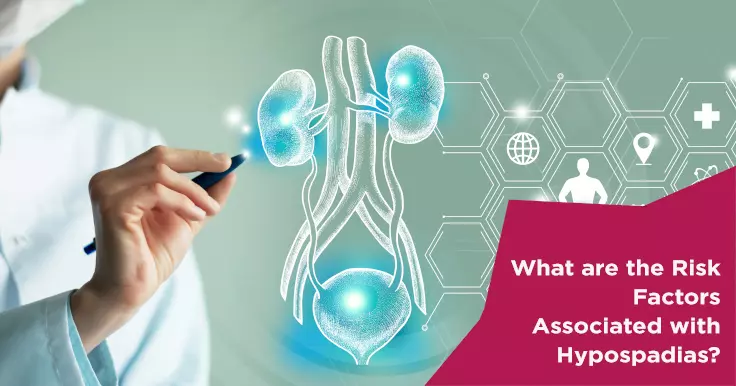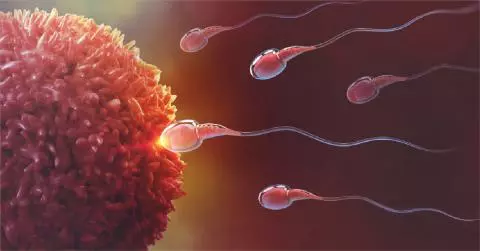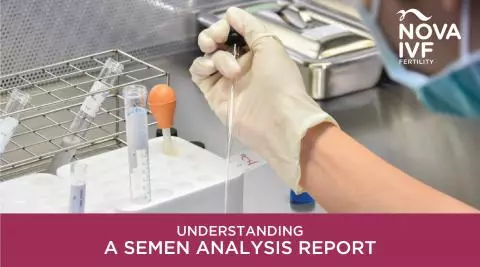What are the Hypospadias Risk Factors?

Hypospadias is a congenital condition or a birth defect which causes the opening of the urethra to be abnormally located away from the tip of the penis. This condition that affects newborns is due to the improper development of the genital area, while in the womb. It can be classified as anterior, middle or posterior depending on the placement of the opening.
Mild hypospadias or location of the opening near the tip of the penis forms 50% of all occurrences and hence is the common form of this condition. Location on the underside of the shaft is called middle, and at the scrotum is called posterior.
The Risk factors for Hypospadias
The exact cause of the condition remains unknown. However, there are a few risk factors associated with it including:
- External factors: Certain medication, exposure to chemicals and pesticides during pregnancy, and maternal health issues can cause improper development of the foetus and lead to hypospadias.
- Family history: A family history of this condition increases the risks of an infant being born with hypospadias.
- Pregnancy-related complications: Some women tend to develop high blood pressure or hypertension during pregnancy. High blood pressure can cut off the blood supply to the foetus and cause growth restrictions leading to hypospadias. Medicines for hypertension also increase the chances of the foetus being born with hypospadias.
- Environmental factors: Certain studies suggest a link between infants affected by hypospadias and their interaction with hormones and chemical compounds of the environment.
Pollutants in the environment such as endocrine disruptors can cause a hormonal imbalance leading to this condition. Chemicals such as PCBs, PCDFs, dioxins, and pesticides can cause this. Some of these disruptors can cause the testosterone levels to go low and they can also mimic oestrogen and affect the development of the male penis.
Factors such as obesity and seizure medication have also been suspected to lead to hypospadias in the infant.
 Infertility Counselling
Infertility Counselling Female Infertility Treatment
Female Infertility Treatment Andrology Treatment
Andrology Treatment Fertility Enhancing Surgeries - Female
Fertility Enhancing Surgeries - Female Fertility Enhancing Surgeries - Male
Fertility Enhancing Surgeries - Male Endoscopy Treatment
Endoscopy Treatment IUI Treatment
IUI Treatment IVF Treatment
IVF Treatment ICSI Treatment
ICSI Treatment Advanced IVF Solutions
Advanced IVF Solutions Embryology
Embryology Vitrification Egg, Embryo, Sperm Freezing
Vitrification Egg, Embryo, Sperm Freezing Preimplantation Genetic Testing (PGT)
Preimplantation Genetic Testing (PGT) Donation Program Embryo / Egg / Sperm
Donation Program Embryo / Egg / Sperm Self-cycleTM IVF
Self-cycleTM IVF

 Self-cycleTM IVF
Self-cycleTM IVF










